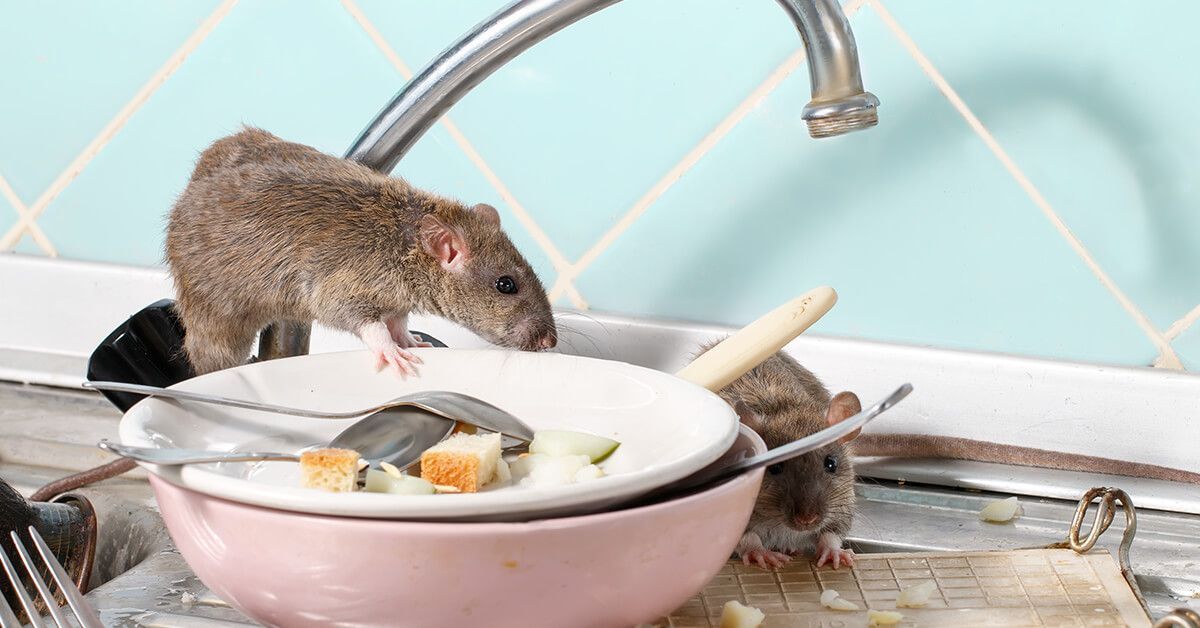Unless you’re an aspiring entomologist, you’re not likely to be excited by a scorpion sighting—especially when that scorpion shows up in your home or garden. It’s not only categorically unpleasant to catch sight of one in your midst, but it’s also enough to make your skin crawl thinking about potential stings from these venomous animals. Safeguard your home and family with these steps to keep scorpions as far away as possible.
Even if you haven’t seen one face-to-face, scorpions have a memorable look. With an arching, stinger-tipped tail and large pincers, scorpions have inspired horror films, and their image has even been used to indicate hazardous or poisonous materials around the globe.
Scorpions are native to dry, hot areas, primarily in the south and southwest of the United States. They’re most active at night when they use their large front pincers to strike insects, spiders, and even small lizards or mice that they make their prey.
All scorpions are venomous. However, the prognosis for scorpion stings rarely differs from that of wasp or bee stings; they’re unpleasant but rarely fatal. Like wasps and bees, they aren’t likely to sting unless threatened, but laid-back approaches to scorpion control increase the chances of encountering one of these venomous creatures and accidentally learning you or someone in your family is allergic to their venom. Interacting with and controlling scorpions on your property should be done with caution and care.
During the day, scorpions depend on the landscaping and debris in your yard to shield them while they rest. They may seek refuge under old logs, landscaping rocks, sticks, or piles of firewood, especially those spots most likely to retain water or moisture. Remove these hiding spots, and scorpions will seek shelter elsewhere. Make sure loose bark, debris, and errant piles of various items left outside are cleaned up. And don’t forget to inspect stationary landscaping fixtures to check for any concealed scorpions.
If scorpions are finding their way indoors, they’re likely entering through breaks or cracks you might not even be aware of. To efficiently exclude scorpions from gaining entry in the first place, check underneath any doors, walls, or windows for gaps or holes that might allow scorpions to get inside. Seal cracks or gaps with caulk and replace worn-out weather stripping to prevent scorpions from coming inside. And while it may be a no-brainer, be sure to keep doors tightly closed when not in use.
Unfortunately, if scorpions are hanging around, it might be indicative of an additional pest problem. An unchecked infestation of insects, mice, and other pests might be serving as a scorpion population’s main food source. Dealing with this problem serves double duty. Often addressing a greater pest problem takes care of any lingering scorpions who might be scoping their next meal.
Let’s face it—taking on any pest problem on your own takes time and energy that is often in short supply. Scorpion removal can be an involved process, and one best left to pest control professionals. Not only are they outfitted with equipment designed for scorpion infestations of all sizes, but they’re also trained to do it more quickly and effectively than most DIY efforts.
If one scorpion is one scorpion too many, we understand. Give Local Exterminator a call and speak with one of our trained professionals about scorpion control for your home and yard. Keeping your home and family fortified against scorpions and pests of all kinds is our priority.




